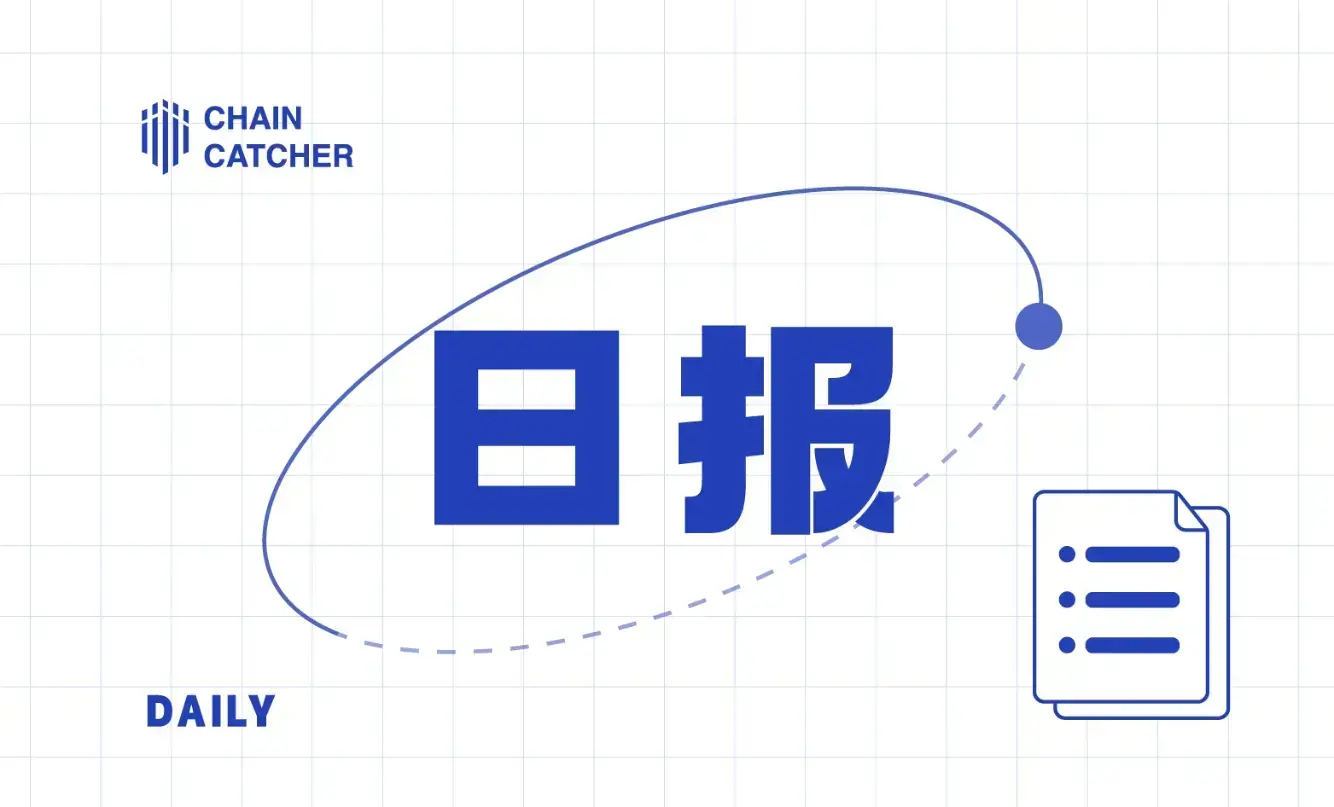How do ETF issuers "buy" Bitcoin?
Original Title: 《How do ETF issuers 'Buy' Bitcoin?》
Author: Julian Fahrer, Apollo
Compilation: ChainCatcher
What is a Spot Bitcoin ETF?
Spot Bitcoin ETFs have emerged, but how do they actually work?
What happens when people "buy" an ETF? Who gets involved? How does this relate to the buying and selling of the underlying asset (BTC)?
Here is a simplified step-by-step process:
1. Retail Demand: Investors to Brokers
The range of investors includes individual investors seeking portfolio diversification to institutions looking for digital asset investments.
Their interest in Bitcoin ETFs drives market demand, influencing the creation and redemption of ETF shares.
Brokers act as a bridge between retail and institutional investors and the stock market trading Bitcoin ETFs.
Brokers reflect and amplify investor demand, directly affecting the trading volume and price of ETF shares.
For example, investors could be family offices, institutional investors, or anyone with a 401k looking to switch to a Bitcoin ETF. Once the ETF is approved, these investors call their brokers to instruct them to buy.

Investors to Brokers
2. Wholesale Demand: Brokers to Authorized Participants (AP)
So, where do brokers get ETF shares to sell to investors? From Authorized Participants (AP).
APs are specialized financial institutions authorized to engage directly with ETF sponsors for share creation and redemption transactions. For example, the APs for Blackrock/iShares ETFs are Jane Street and JP Morgan.
You can think of brokers as retailers of ETF shares and APs as wholesalers.
APs monitor the supply and demand of ETF shares and play a key role in keeping the share price aligned with its net asset value (NAV) (which will be detailed later).

Wholesale Procurement
3. Share Creation: AP to Sponsor
Once APs know how much demand there is, it's time to mint some new ETF shares.
To do this, APs go to the ETF sponsors they deal with and deposit cash to create shares.
Sponsors are responsible for the overall management and compliance of the ETF. Sponsors are those big companies you’ve heard of: Blackrock, VanEck, Fidelity, etc.
Sponsors coordinate with Bitcoin counterparties to facilitate the necessary Bitcoin transactions during the share creation and redemption process.
How it works: AP either creates new shares with the sponsor (when demand is high) or redeems shares for cash (if demand is low).
This "demand" directly affects the premium or discount of the ETF market price relative to its NAV. APs exploit this premium or discount, which in turn often narrows the gap between market price and NAV, but is subject to factors like transaction costs.
For example, all of JPMorgan's brokers call in requesting to buy more and more ETF shares from Ark/21 Shares. Then someone at JPMorgan (I personally think it’s Jamie Dimon) calls Cathie Wood and says, "We need to buy another billion ETF shares - that’s all our cash."

ETF Share Creation
4. Sponsors and Counterparties
Counterparties are entities like Coinbase that handle the buying and selling of Bitcoin for the ETF.
They operate under the direction of the sponsors to ensure the ETF's Bitcoin holdings align with its share count.
Custodians (like Coinbase) are responsible for the secure storage of the ETF's Bitcoin assets.
They ensure the security and regulatory compliance of the Bitcoin assets held by the trust.
Sponsors instruct Bitcoin counterparties to buy or sell Bitcoin based on the activities of APs (creating or redeeming ETF shares).
Therefore, after Jamie Dimon orders all the shares from Cathie Wood and creates as many shares as possible, Cathie calls Brian Armstrong at Coinbase.
Cathie tells Brian, "Jamie’s FOMO is just as we expected. I need to buy all your BTC right now." That’s where the on-chain fun begins.

Sponsors and Counterparties
5. Bitcoin Counterparties Purchase BTC
Once Bitcoin is acquired, it is transferred to the custodian for secure storage.
This is crucial for mitigating risks such as hacking or theft, ensuring the security of the digital assets the ETF relies on.
In Ark's case, Coinbase acts as both the counterparty and the custodian. For Fidelity, they will hold the BTC themselves and keep their own keys.

Purchasing Bitcoin
Other: How ETF Share Prices Relate to Bitcoin Prices
The value of the ETF shares is based on the CME CF Bitcoin Reference Rate—New York variant, ensuring that the valuation of Bitcoin reflects market conditions.
This index reflects the sum of Bitcoin prices across multiple exchanges, providing a standardized benchmark.
Other: How Fees are Calculated
Sponsor fees are paid to the sponsors from the trust's assets and fees related to the management, operation, and marketing of the ETF.
These fees are not paid directly by investors but are included in the calculation of the ETF's net asset value.
Therefore (simply put): since fees reduce the total value of the trust's assets, they lower its net asset value, and investors' returns will also decrease by the amount of the fees.










